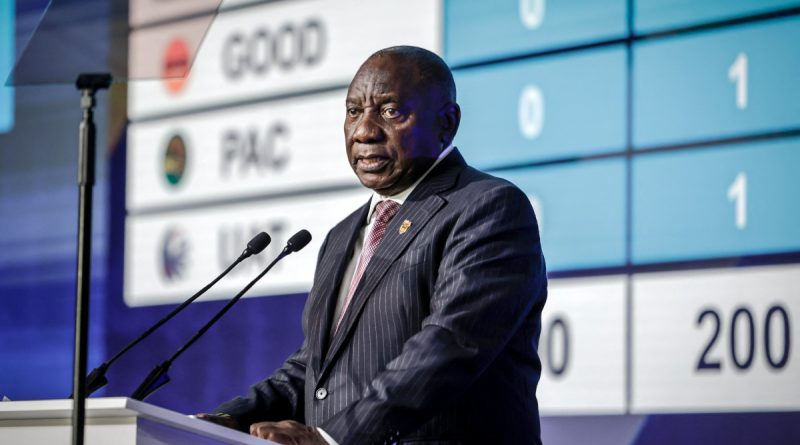WHAT IS GOVERNMENT OF NATIONAL UNITY
Will the GNU be seen for the first time in South Africa. Not at all.
The ANC will go into coalition and form a Government of Unity for the first time since 1994 but wait, not for the first time in history.
ANC president, Cyril Ramaphosa said on Thursday, that it will be for the good of South Africans to form a GNU since no party got an outright majority in the national elections that were held on 29 April 2024.
We will invite other political parties to from a government of National Unity as the best option to move our country forward.
A Government of National Unity (GNU) is a coalition government that includes representatives from multiple political parties.
It is typically formed during times of national crisis or when no single party can secure an outright majority.
The primary goal of a GNU is to ensure stability, foster collaboration, and address critical national issues by bringing together diverse political perspectives.
In South Africa, the concept of a GNU is not new.
The first GNU was established in 1994 following the end of apartheid. Nelson Mandela’s ANC formed the government, which included representatives from the National Party and the IFP.
This inclusive approach was crucial for maintaining peace and stability during South Africa’s transition to democracy.
Fitch Ratings recently released an analysis suggesting that a coalition between the ANC and DA would be the best possible outcome for South Africa.
According to Fitch, such an arrangement would likely result in policy continuity and address critical infrastructure issues.
The agency argued that a formal coalition between the ANC and DA is unlikely due to historical and ideological differences, but support from the DA outside the government could still enable President Ramaphosa to implement his priorities.
Fitch also noted that coalitions involving the EFF or MK Party could pose risks to South Africa’s debt trajectory and macroeconomic stability.
These parties have radical agendas that include land expropriation without compensation and nationalization of key economic sectors, which could deter investor confidence and complicate governance.

